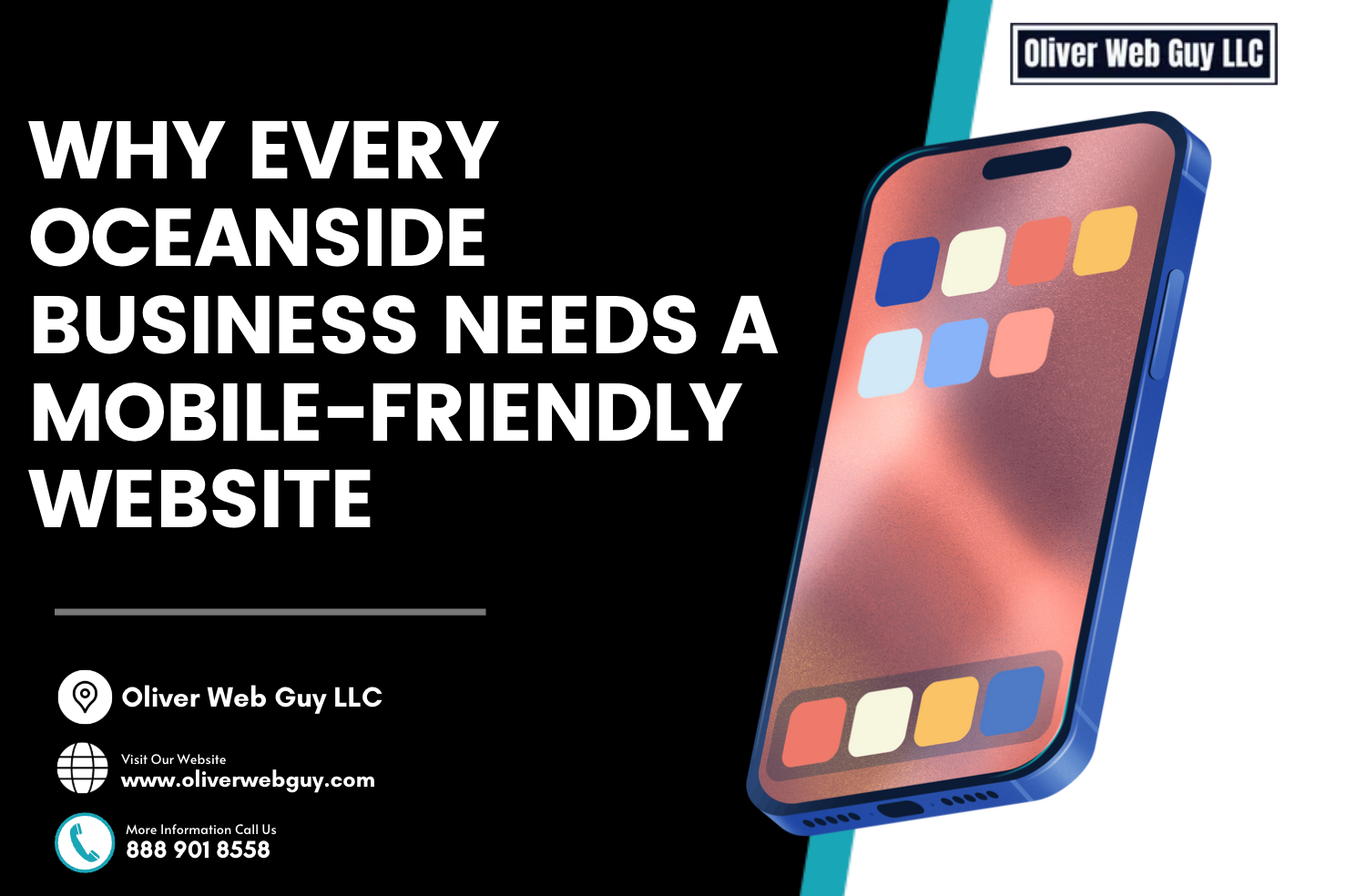
Voice Search Optimization: Adapting to Changing Search Trends
As voice recognition technology becomes a staple in homes and on mobile devices, optimizing for voice search is no longer optional. Voice Search Optimization ensures your Oceanside business stays ahead by adapting to the natural speech patterns people use with their smart gadgets. Users now prefer conversing with Siri or Alexa over typing queries, prompting a shift from traditional SEO tactics designed for text searches.
Embracing this changing trend means incorporating phrases that mirror spoken language into your content strategy, which is essential to maintaining relevance and visibility in today's digitally connected landscape.
Understanding Voice Search in Oceanside
Voice search in Oceanside is becoming essential as more people find speaking to devices easier than typing. Devices now understand our language and answer or show us what we need. For you with a business in Oceanside, CA, it's time to consider how your online info fits into this new way individuals seek out stuff.
It means getting your site ready for voice queries. This involves using everyday speech patterns over complex writing so that when someone asks their phone for the best local services, yours stands out. Since virtual helpers often pull up nearby results first, making sure you're listed right on maps and directories could help locals find you quickly.
Optimizing for Local SEO and Voice Queries
To optimize for local SEO and voice queries, focus on natural language with clear, detailed answers to common questions. Voice search users tend to ask full questions out loud as they would in a conversation; think who, what, when, where, or how. Ensure your content directly addresses these relevant inquiries to Oceanside residents or visitors.
For instance, "Where's the nearest beach access in Oceanside?" In response, have pages that list locations with easy-to-follow directions and parking tips. Also, landmarks help both Google and humans understand locale specificities better. In addition, consider 'near me' searches prevalent among mobile users; ensure NAP (name-address-phone number) details are consistent across all platforms, aiding people in finding you effortlessly.
Remember schema markup; it helps search engines grasp page contents, enhancing visibility, especially in rich snippets, which can significantly boost click-through rates from SERPs (Search Engine Results Pages). As devices get smarter, learning individual speech patterns, expect increasing demand for more personalized results based on past interactions emphasizing the importance of tailored content keeping up with evolving expectations of voice assistant capabilities into 2024 onwards.
Voice-Friendly Content Strategies for Businesses
To thrive in voice search, you need to tune your SEO strategy. Picture how someone talks to their phone; they ask full questions like "Where can I find a coffee shop open now?" Your content must address such queries directly. Start by diving deep into long-tail keywords that mirror everyday speech and use tools for insights on common questions.
Next, optimize for 'near me' searches since most individuals with phones use voice commands for swift local results. Remember, as businesses evolve online, connecting through natural conversation becomes essential. Make sure your words are where the searches go when people speak up, asking for what they want or need nearby.
Voice search is reshaping how we interact with the digital world. To stay ahead, you must optimize your content. This means crafting natural language answers to likely questions, ensuring fast website load times, and ensuring precise local listings.
With voice queries growing daily, staying adaptable allows you to keep pace and excel in this evolving landscape. For tailored solutions that boost your visibility in voice searches, contact Oliver Web Guy, an expert who aligns with these changing trends for maximum online impact.












Contact Us
Address: 419 N Ditmar St, Oceanside, CA 92054